In August 2025, George Mason University (GMU) became the center of a federal investigation led by the U.S. Department of Education’s Office for Civil Rights (OCR). The investigation concluded that GMU violated Title VI of the Civil Rights Act of 1964, which prohibits discrimination based on race, color, or national origin in federally funded programs.
The focus was on the university’s diversity, equity, and inclusion (DEI) policies, particularly in hiring and promotion practices.
Core Issues of the Violation
The investigation was sparked by complaints from GMU faculty who argued that the university’s DEI policies led to preferential treatment for candidates from underrepresented racial groups.
The OCR found that GMU’s practices, under President Gregory Washington’s leadership, discriminated based on race. This action contradicted the university’s commitment to providing an environment free from discrimination.
Impact on Campus Free Speech
The OCR’s ruling has significant implications for free speech on campuses. Universities traditionally encourage a range of perspectives, but when policies favor certain groups, it can create an environment where individuals feel pressured to conform.
This dynamic can suppress open dialogue, as students and faculty may fear backlash for expressing dissenting opinions or questioning prevailing views. The GMU case highlights the balance universities must strike between promoting diversity and upholding free expression.
Implications for Anti-Discrimination Policies
The OCR’s findings underscore the importance of carefully crafting DEI initiatives to align with federal civil rights laws. While DEI policies are intended to promote inclusivity and address historical inequities, they must not inadvertently result in discrimination.
The GMU case serves as a warning to other universities to ensure that their DEI programs do not violate civil rights protections, reinforcing the need for policies that are both inclusive and legally compliant.
Broader Implications for Higher Education
The GMU case reflects a broader trend of increased federal scrutiny of DEI programs in public universities. This growing oversight raises concerns that such initiatives may overstep legal boundaries intended to prevent discrimination.
As a result, universities nationwide are revisiting their DEI policies to ensure they both foster inclusivity and comply with civil rights laws. The outcome of the GMU case could set a precedent for how DEI programs are implemented in the future.
The federal determination that GMU violated Title VI by implementing unlawful DEI policies is a pivotal moment in the debate surrounding diversity and inclusion in higher education. It underscores the importance of aligning institutional policies with legal frameworks designed to prevent discrimination.
As universities continue to promote diversity, they must ensure their policies uphold the principles of equal opportunity and free expression, balancing inclusivity with civil rights protections. The GMU case serves as a valuable lesson for institutions navigating these complex issues.

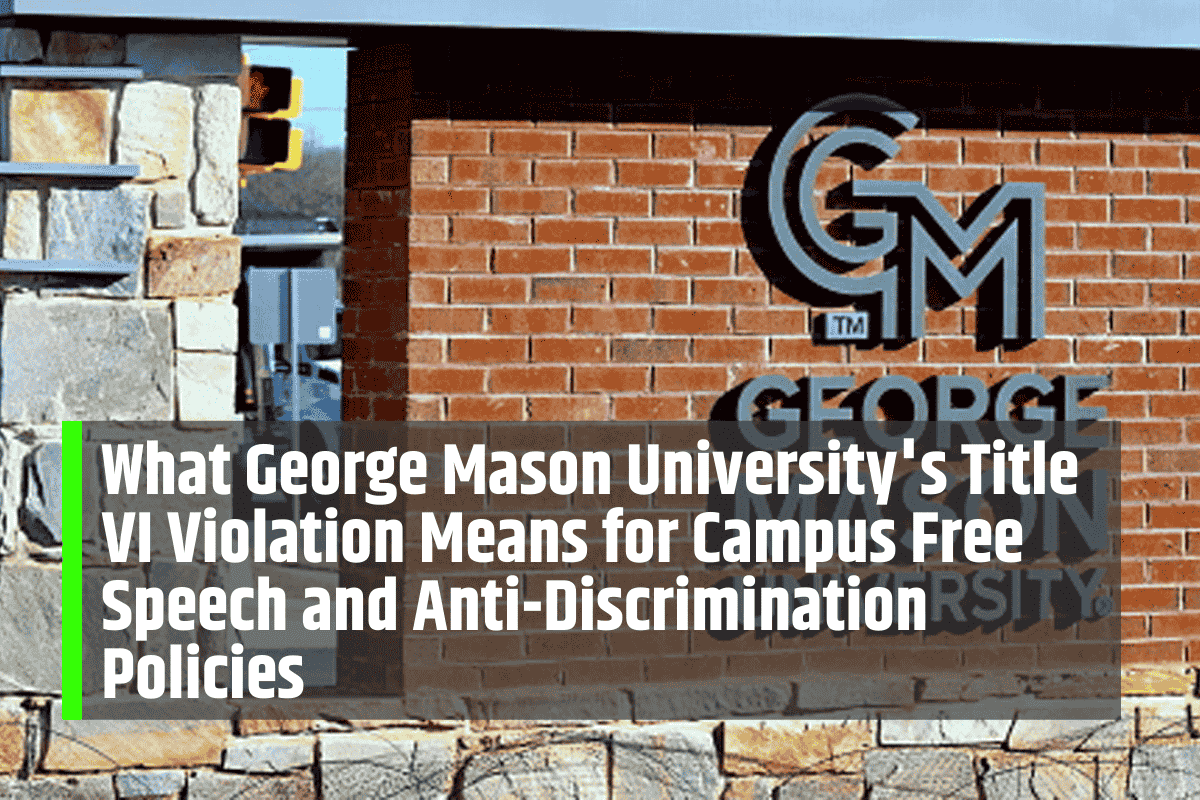


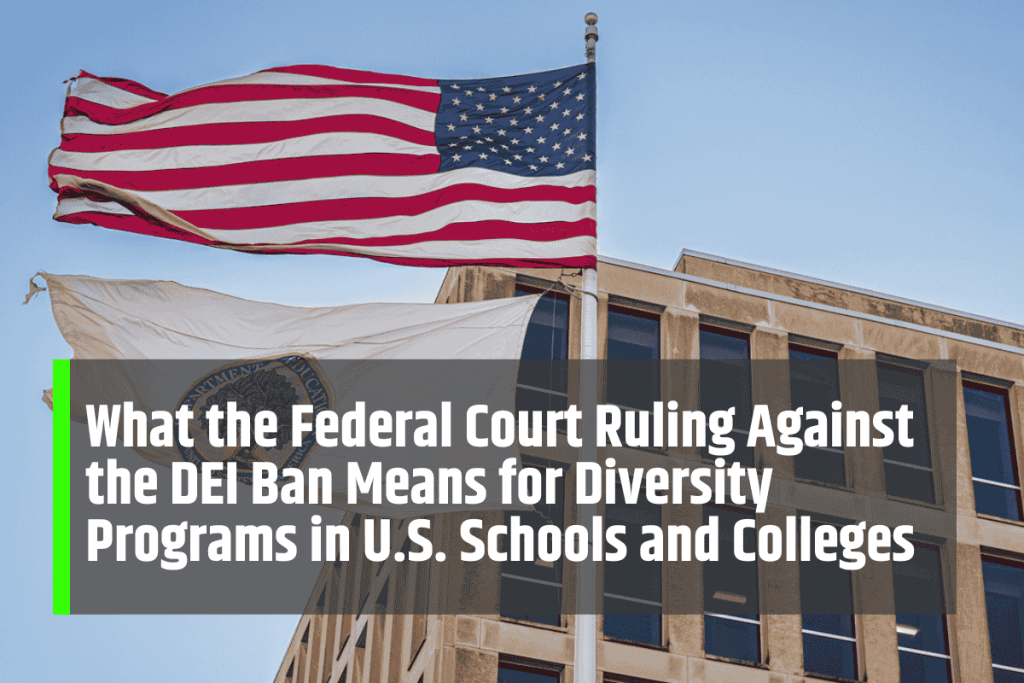
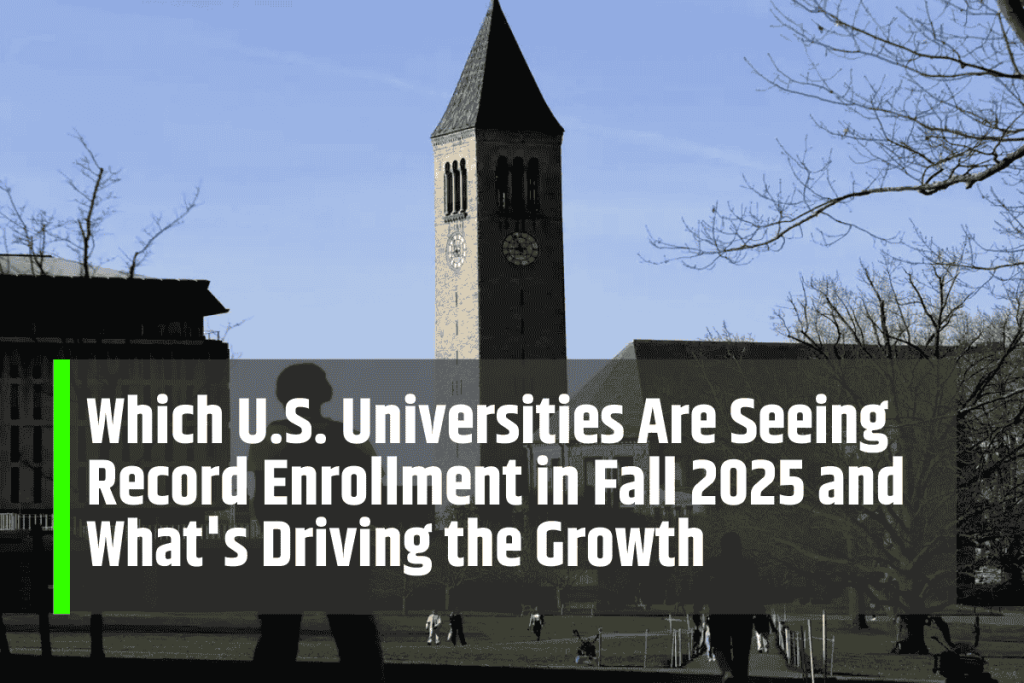
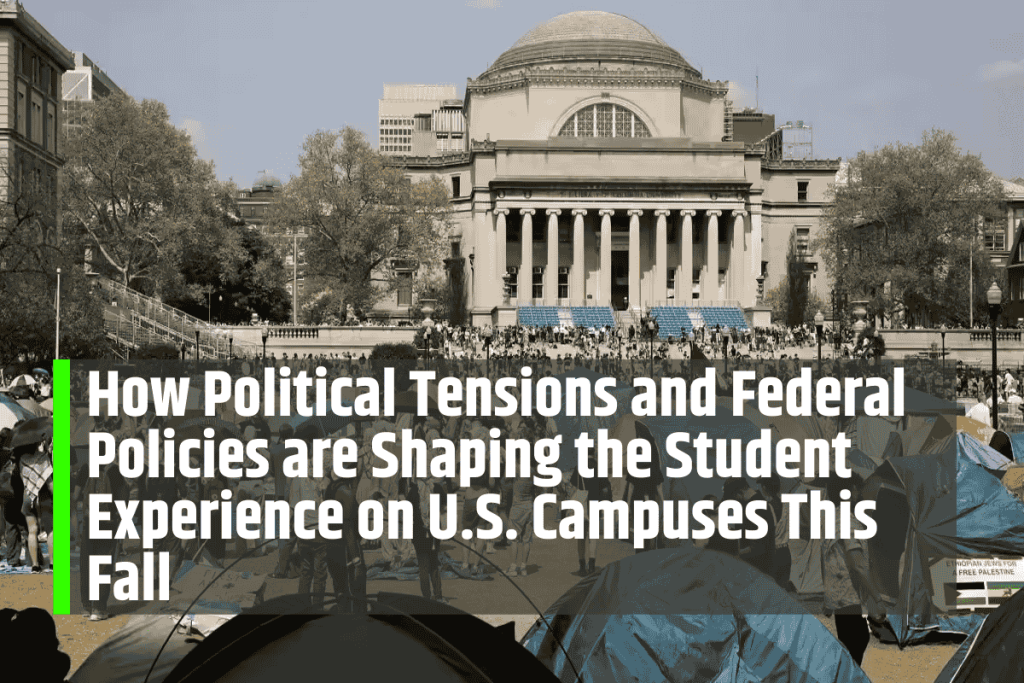
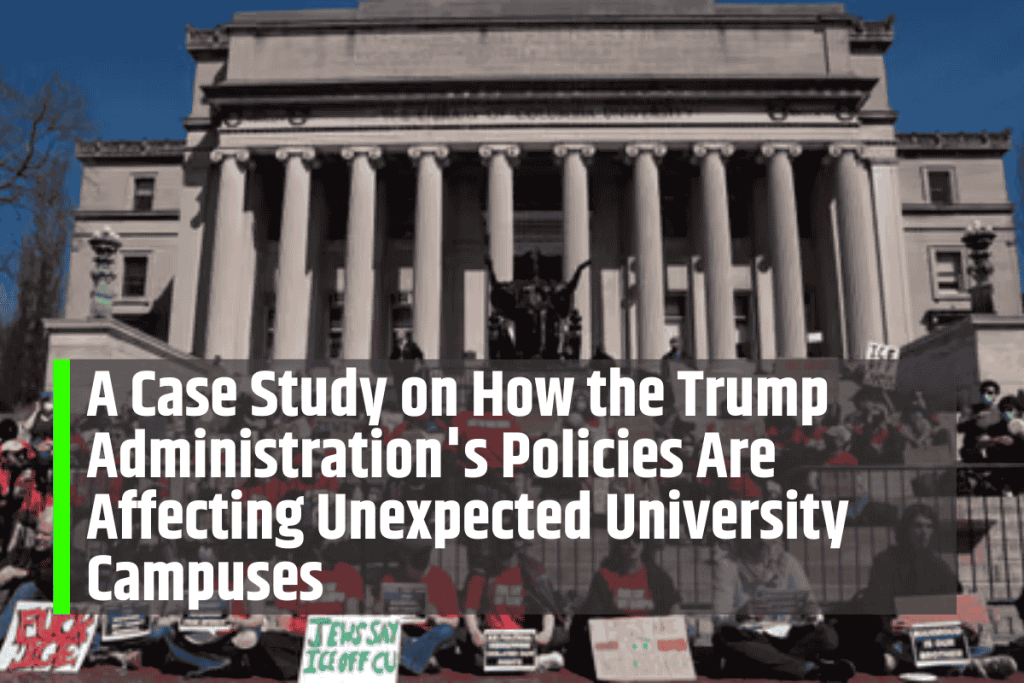


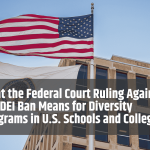
Leave a Comment